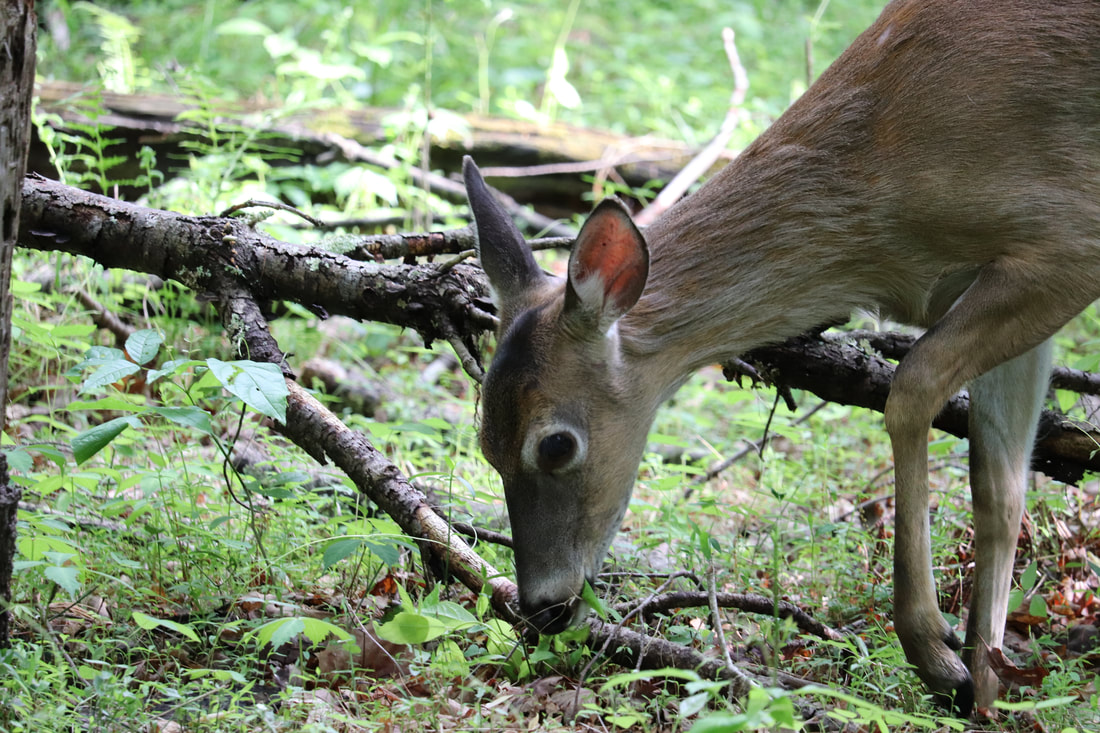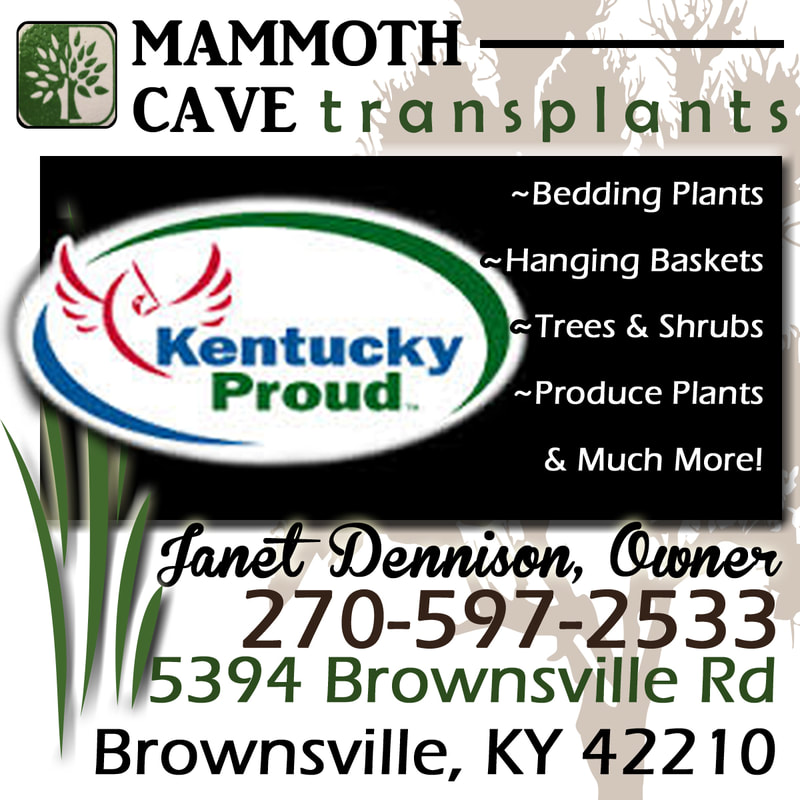|
column and photo by Josh Boyd: A brief early evening drive down nearly any rural roadway in south central Kentucky will yield numerous deer and turkey sightings among the region's winding creek bottoms and plentiful soybean fields. In an area so rich in agriculture and undisturbed countryside, it is somewhat difficult to imagine this region in absence of the whitetail deer and eastern wild turkeys that make their home here. However, this was the reality of the not so distant past. Both the whitetail deer and the eastern wild turkey, are among the greatest wildlife success stories of the modern era. Once scarce or completely absent in the entirety of south central Kentucky, both species can now be seen in abundance within the area, with overall excellent hunting being relatively common. In a mere forty years, we as hunters have seen the harvest of a whitetail deer transition from an unobtainable goal, to one achieved by many children before they graduate grade school. More recently, the Kentucky Department of Fish and Wildlife has managed the reintroduction and re-population of elk into the eastern portion of our state, where until recently, was void of this once native species. The Kentucky Department of Fish and Wildlife has also been a proponent of managing the state's growing black bear population. Open fall black bear seasons now spread as westward as Meltcalfe and Cumberland Counties. Conservation is the driving force behind the rehabilitation of Kentucky's native species. Hunters, by nature, are conservationists. We enjoy the pursuit of the species that we hunt, and in turn put significant value on the sustainability of the game we are after. We as hunters, go to great lengths to see our hunting and wildlife resources protected and secured for future generations. Through the purchase of hunting licenses and permits, conservation projects of varying nature are directly funded, in turn building a better tomorrow for sportsmen across the state. Additionally, opportunities for hands on involvement in conservation exist right in our own communities. Local chapters and branches of several nationally based, non-profit conservation agencies exist right here in south central Kentucky. These entities exist for the purpose of generating local conservation awareness, as well as for the raising of funds for reinvestment into the area's wildlife, habitat, and conservation programs. Delta Waterfowl, Ducks Unlimited, Whitetails Unlimited, Quality Deer Management Association, Rocky Mountain Elk Foundation, and Quail Forever all have active branches or chapters open for participation within our region. Many of these organizations have yearly local banquets that allow interested individuals to attend the events and familiarize themselves with the goals of the group.
Most recently, the Rocky Mountain Elk Foundation conducted their annual banquet last Saturday, the 10th, in Bowling Green. Whitetails Unlimited is next up on the local conservation organization event schedule with their annual banquet being held this upcoming Saturday, August 17th, at the Corvette Museum. These banquets and countless others take place within our region annually, and allow hunters an entertaining and informative gathering to join with other like minded individuals to further the goal of conservation. Biologists and wildlife technicians are also staged in various locations across the bluegrass, in order to conduct the necessary day to day operations that ensure the sustainability of the state's wildlife populations. Interested parties can place a phone call or send an email to Fish and Wildlife officials in order to inquire about avenues to assist in conservation efforts. The general public can assist in wildlife management efforts by means of providing agency officials with deer carcasses for use in testing for CWD and other known wildlife ailments, as well as by relaying any sightings of wildlife that appear to be ill or expressing abnormal behavior. Whether through the assistance of local wildlife biologists and technicians, involvement with local chapters of conservation groups, or by simply paying yearly license fees, all hunters in south central Kentucky can be an active force in ensuring the future of our hunting heritage. Together, all hunters manage a shared resource that we must be diligent in safeguarding. In doing so, we give the gift of enduring enjoyment of the outdoors and time spent afield to the future generations to follow.
0 Comments
Your comment will be posted after it is approved.
Leave a Reply. |
Archives
July 2024
|
|
Copyright 2014-2024 The Edmonson Voice.
The Edmonson Voice logos are registered trademarks. Call or text: 270-597-6550 [email protected] PO BOX 94 BROWNSVILLE, KY 42210 CLICK HERE FOR DEADLINE INFO |










